live the
blue sea life
Gluten-free Mediterranean Living for a longer and healthier life
One of the healthiest ways to live
A gluten-free Mediterranean diet merges the healthful aspects of the traditional Mediterranean diet with a gluten-free lifestyle, ideal for those with gluten-related disorders. It emphasizes fruits, vegetables, lean proteins, heart-healthy fats, and gluten-free grains like quinoa and brown rice.
This diet promotes cardiovascular health, reduces chronic disease risks due to its rich antioxidant and anti-inflammatory profile, and is customizable and sustainable, making it beneficial and enjoyable for those who need or choose to avoid gluten.
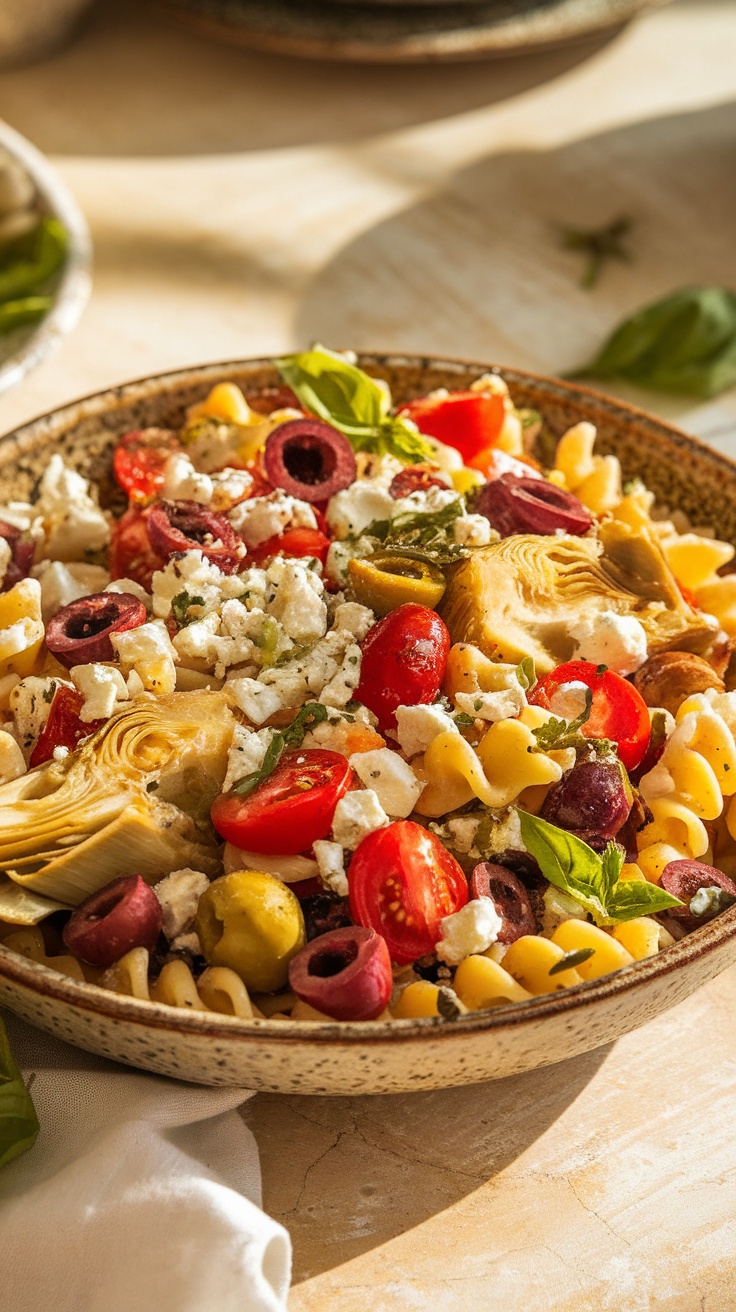
20 Delicious Mediterranean Recipe Ideas to Savor

Avocado and Hummus Mediterranean Toast with Cucumber, Dill, and Feta
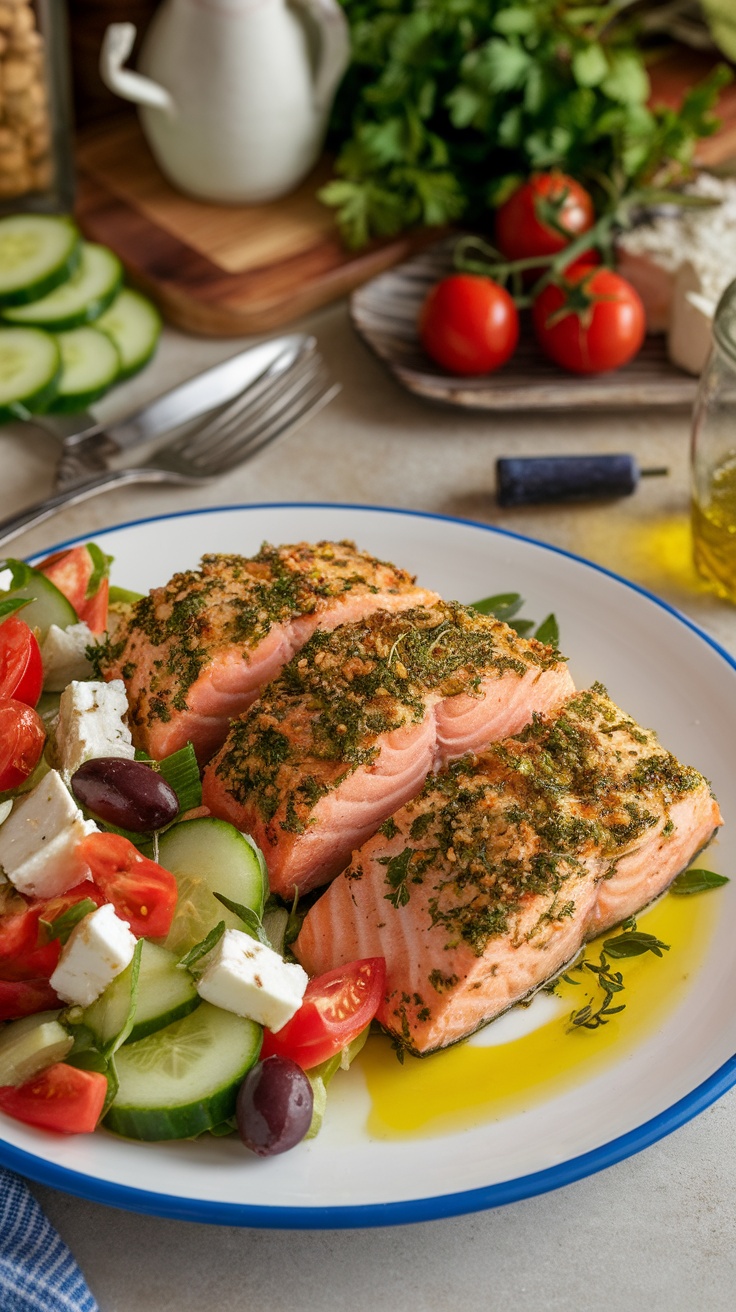
Herb-Crusted Mediterranean Salmon with Greek Salad and Olive Oil Vinaigrette

Roasted Mediterranean Cauliflower with Tahini, Pine Nuts, and Pomegranate
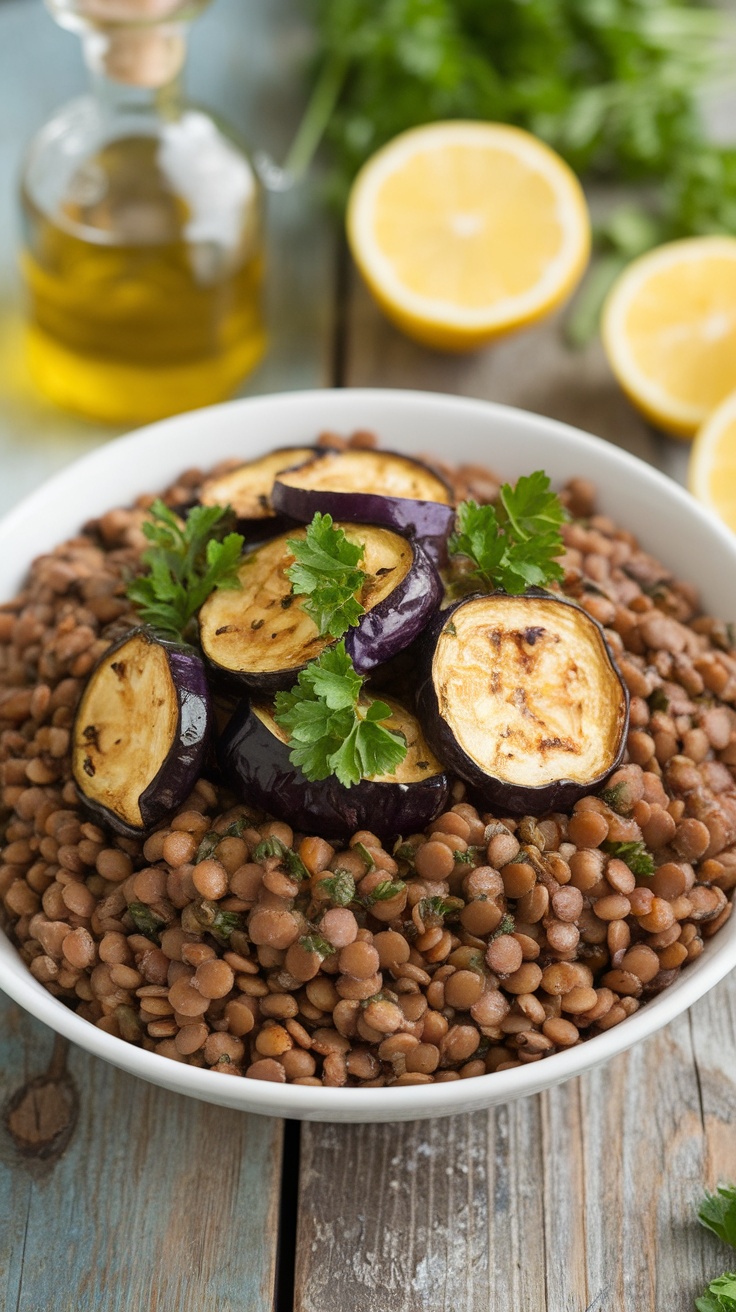
Warm Greek-Style Mediterranean Lentils with Roasted Eggplant and Zucchini
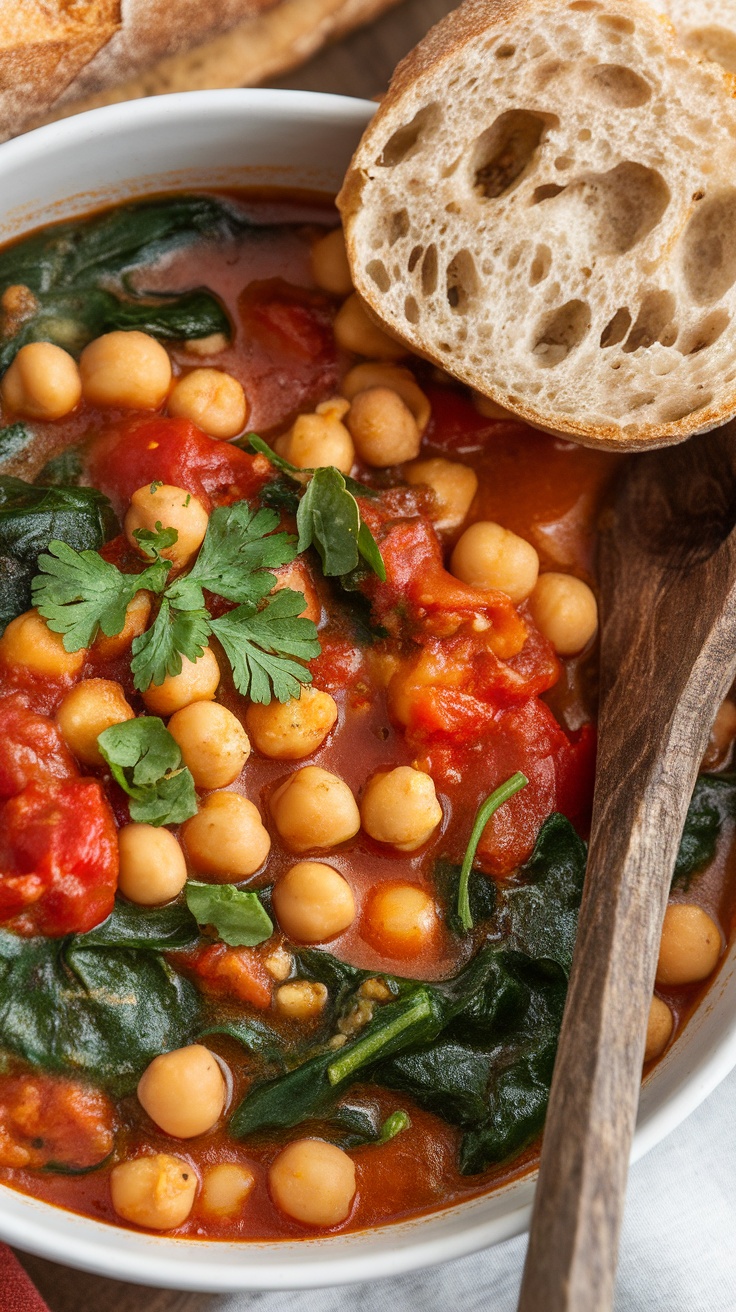
Mediterranean Chickpea Stew with Spinach, Cumin, and Coriander
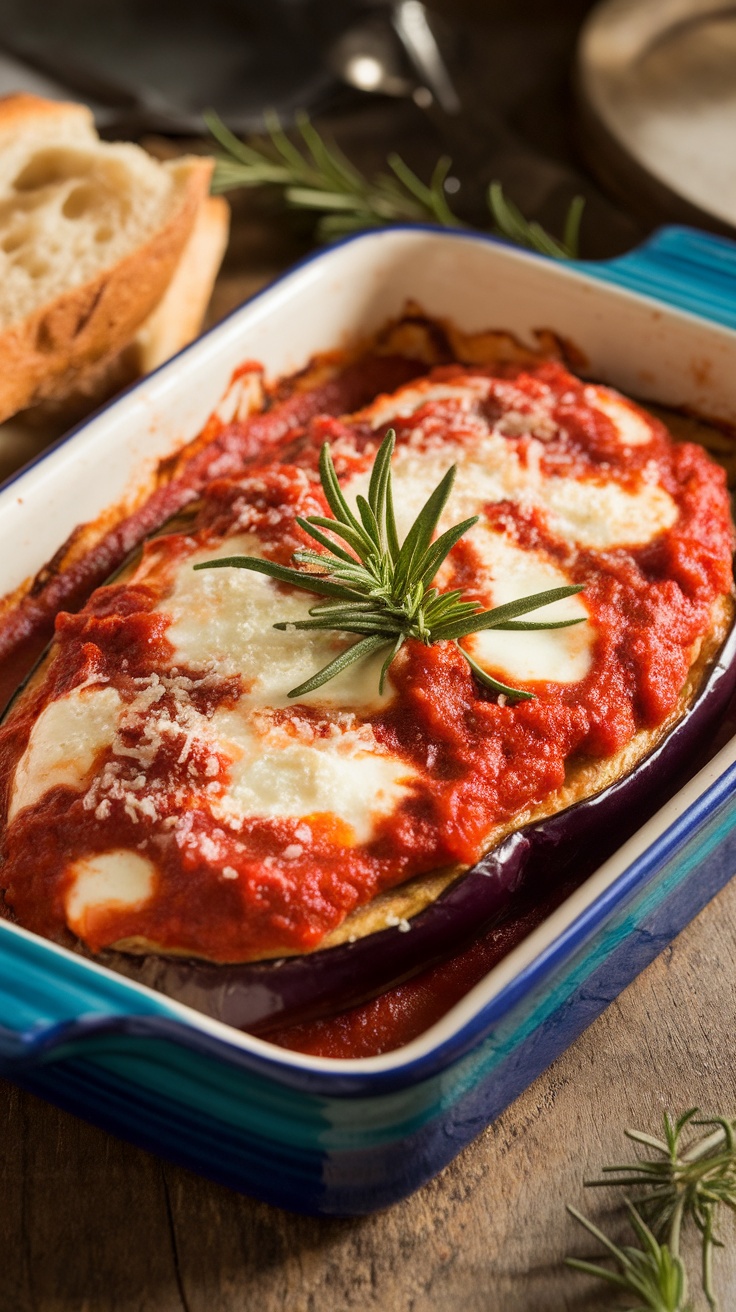
Mediterranean Eggplant Parmesan with Basil and Mozzarella

Stuffed Grape Leaves (Dolmades) with Tangy Mediterranean Lemon Sauce

Mediterranean Flatbread Pizza with Feta, Olives, and Fresh Arugula
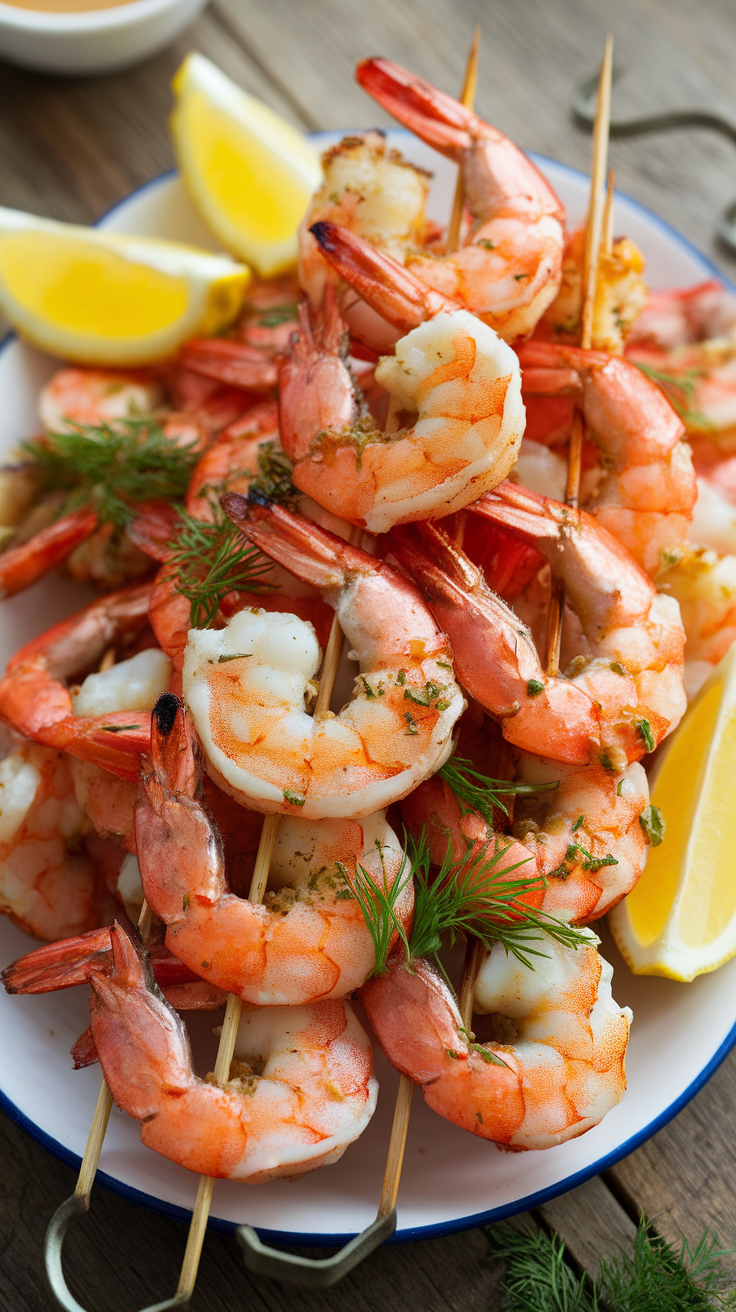
Grilled Mediterranean Shrimp Skewers with Garlic, Lemon, and Fresh Dill
Gluten-free Mediterranean lifestyle essentials
Quick Cooking Tips: Discover simple, delicious, gluten-free Mediterranean recipes. Our easy-to-follow guides make cooking enjoyable and stress-free.
Efficient Shopping: Get our streamlined shopping lists for gluten-free Mediterranean essentials, simplifying your grocery trips.
Dining Out Made Easy: Navigate restaurant menus with confidence, choosing gluten-free options that fit the Mediterranean diet.
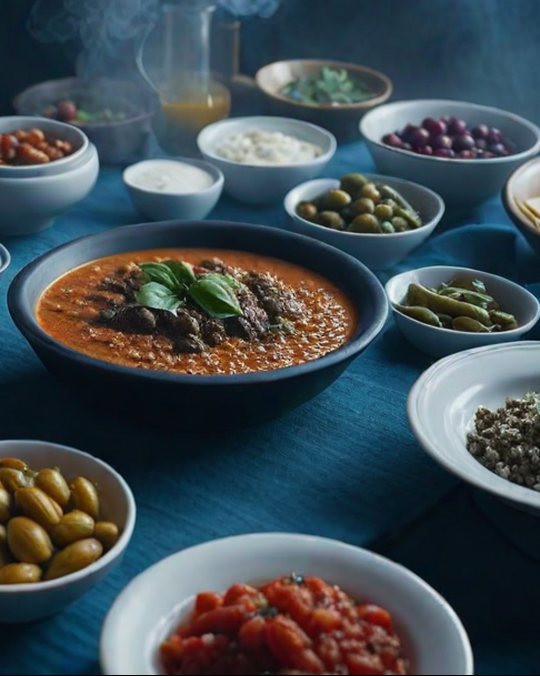
Why follow the Blue Sea lifestyle?
It’s no secret that the modern diet is unhealthy. Fast food and manufactured snacks that can barely be called food are eaten in abundance. Studies have found the Mediterranean diet to be the healthiest in the world.
On top of that, many people suffer from gluten sensitivity or Celiac disease. Reducing gluten intake has shown many benefits such as improving the health of the digestive system, mental clarity, and better skin health.
6%
of people have a gluten intolerance
8.2m
Americans have heart disease
6
years Mediterranean people live longer than Americans
31%
reduction in heart attack, stroke, and death by eat a Mediterranean diet

